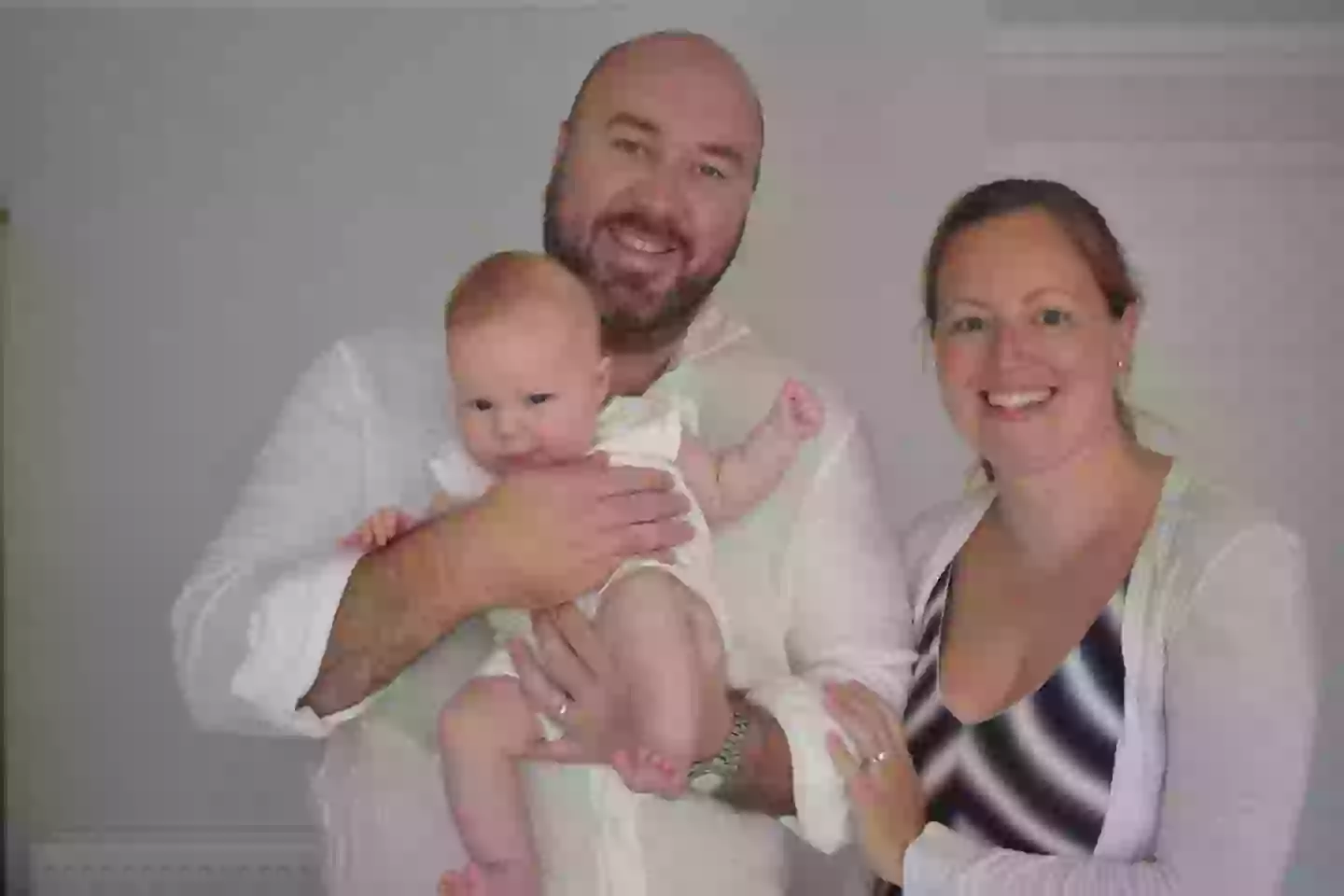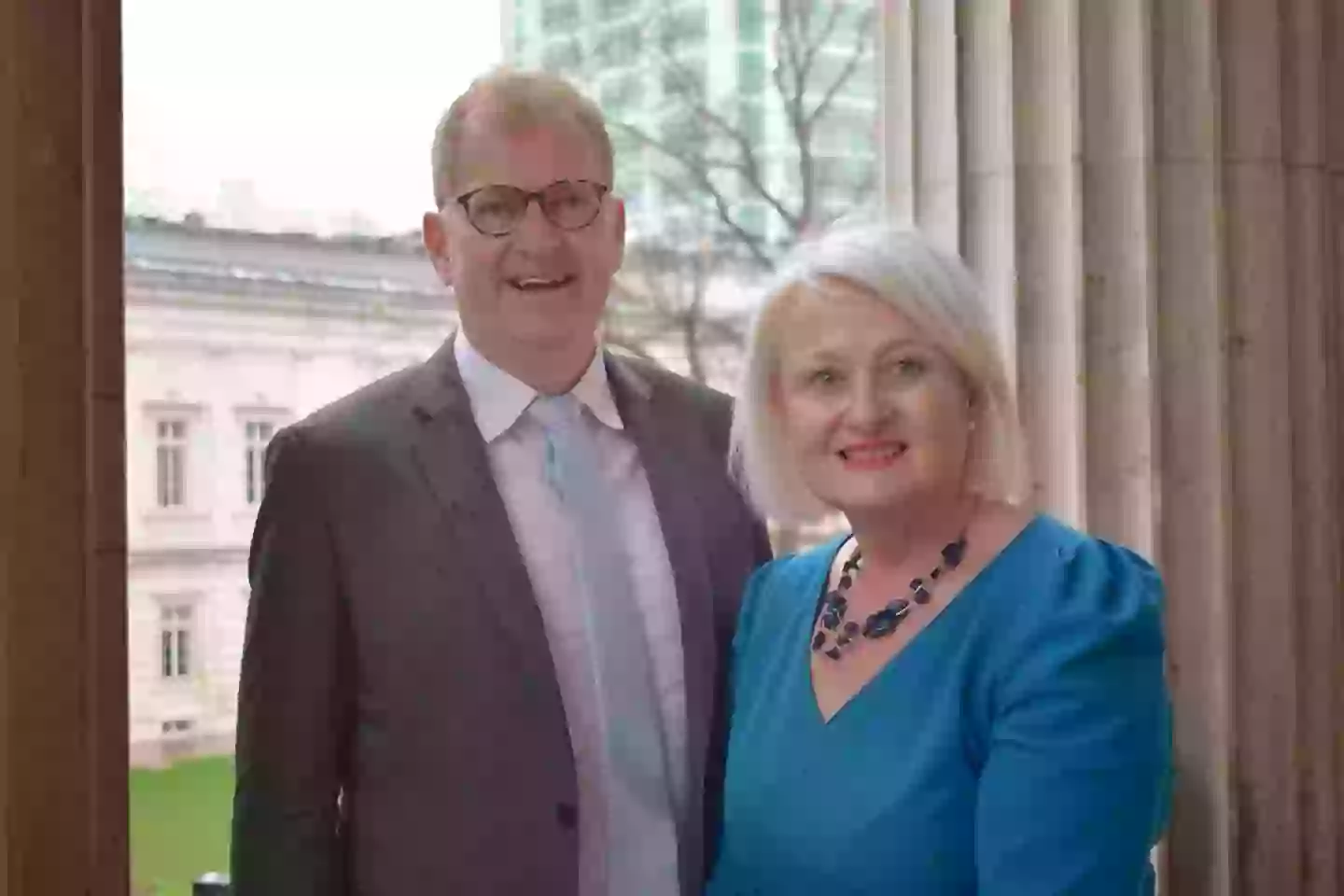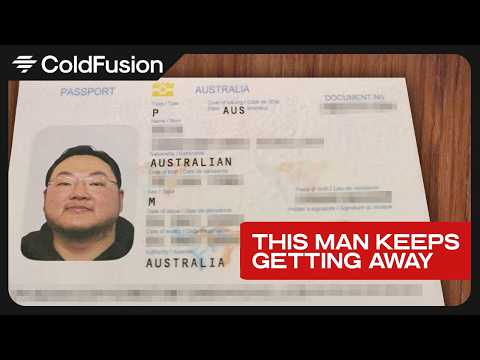Breakthrough Drug Miraculously Eradicates Man’s Deadly Brain Cancer—Scientists Stunned
Imagine hearing the words “glioblastoma” — the most ruthless kind of brain cancer — and being told you might have mere months left. That was Ben Trotman’s grim reality back in October 2022 at just 40 years old. But hold onto your hats, because Ben’s story takes a twist that feels like it belongs in a medical thriller: thanks to a groundbreaking NHS trial of the immunotherapy drug ipilimumab, his tumor vanished completely. Yup, gone without a trace. It’s not every day you hear about a cancer battle won with such a jaw-dropping win, especially when the odds were stacked so impossibly against him. So, what if this was the start of a new chapter in brain cancer treatment? Let’s dive into how science, hope, and a whole lot of resilience turned Ben’s nightmare on its head. LEARN MORE.
A man who was diagnosed with deadly brain cancer is celebrating after trialling a new drug which put him in remission and saw his tumour completely disappear.
Ben Trotman was given the heartbreaking news that he had glioblastoma, the most common and aggressive form of brain cancer, in October 2022 when he was just 40.
However, he was fortunately entered into a NHS trial of the drug ipilimumab, which saw patients receive the drug as a form of immunotherapy before undergoing standard treatment when their immune system has been boosted to its strongest point.
The trial was set up in memory of Baroness Margaret McDonagh, who died of the disease, with her sister Dame Siobhain leading a fundraising campaign to raise more than £1 million to cover the costs of the new trial.
Remarkably, more than two years on from Mr Trotman’s treatment and he is no longer showing any signs of the cancer, despite most people who suffer from glioblastoma dying within 12-18 months.

Ben Trotman remarkably saw his tumour disappear (Marie Mangan/UCLH)/PA Wire)
Consultant medical oncologist, Dr Paul Mulholland, who is leading the new trial and treated Mr Trotman, said: “It is very unusual to have a clear scan with glioblastoma, especially when he didn’t have the follow-up surgery that had been planned to remove all of the tumour that was initially visible on scans.
“We hope that the immunotherapy and follow-up treatment Ben has had will hold his tumour at bay – and it has so far, which we are delighted to see.”
Mr Trotman got married to his partner Emily two months after the immunotherapy treatment concluded, and they welcomed their daughter, Mabel, in April, having been warned that he could have just months to live a few years ago.
Mrs Trotman said: “Getting this diagnosis was the most traumatic experience. We were grappling with the fact that Ben had gone from being apparently perfectly healthy to having months to live.
“Had we not met Dr Mulholland, that would have been it for us. We felt we had a lucky break in an otherwise devastating situation.”

Dr Paul Mulholland with Dame Siobhan McDonagh (Marie Mangan/UCLH)/PA Wire)
After taking the drug, the 43-year-old dad went on to have radiotherapy and chemotherapy and continues to have quarterly scans, but they continue to produce positive results, with no signs of the cancer returning at the moment.
Mr Trotman added: “We obviously don’t know what the future holds, but having had the immunotherapy treatment and getting these encouraging scan results has given Emily and I a bit of hope.
“We are focused on rebuilding the life we thought we had lost and enjoying being parents.”
The National Brain Appeal is currently funding two posts in support of Dr Mulholland’s research and any patients who are interested in taking part in the Win-Glio trial are encouraged to discuss it with their consultant.
If you’ve been affected by any of these issues and want to speak to someone in confidence, contact Macmillan’s Cancer Support Line on 0808 808 00 00, 8am–8pm seven days a week.
Auto Amazon Links: No products found.













